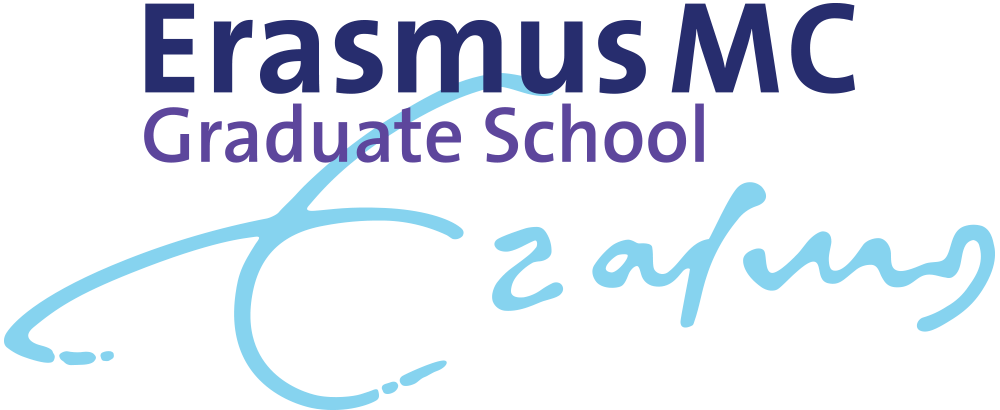Missing Values in Clinical Research [EL009]
Course highlights
EC points
1.7
Start date
19-05-2025
End date
28-05-2025
Course days
8 days, assignments due after course
Faculty
Prof. G. Molenberghs, PhD, Dipl.-Stat. Nicole Erler, PhD
Course fee
€ 975
Location
Erasmus MC, Rotterdam NL
Level
Advanced
Prerequisites
Biostatics I (CK020), Biostatistics II (CK030) and Repeated Measurements (EL002), or previous courses Using R for Statistics (BST02) and Courses for the Quantitative Researcher (SC17), or equivalent knowledge. Moreover, a basic knowledge of R is needed. This is now covered in the Biostatistical Methods courses (CK020 & CK030).
Disciplines
- Biostatistics
Application
How to applyDownloads
Detailed information about this course:
Description
Missing data frequently occur in clinical trials as well as observational studies. An important source for missing data are patients who leave the study prematurely, so-called dropouts. Alternatively, intermittent missing data might occur as well.
When patients are evaluated only once under treatment, then the presence of dropouts makes it hard to comply with the intention-to-treat (ITT) principle. However, when repeated measurements are taken then one can make use of the observed portion of the data to retrieve information on dropouts. Generally, commonly used methods to analyse incomplete data include complete-case (CC) analysis and, in longitudinal studies, an analysis using the last observation carried forward (LOCF). However, these methods rest on strong and unverifiable assumptions about the missing mechanism. Over the last decades, a number of analysis methods have been suggested, providing a valid estimate for, e.g., the treatment effect under less restrictive assumptions.
The assumptions regarding the dropout mechanism have been classified by Rubin and co-workers as: missing completely at random (MCAR), missing at random (MAR) and missing not at random (MNAR).
In the first part of the course we will review various repeated measurements models and indicate under which missing data mechanism they will provide valid estimates of the treatment effect. Finally, since it is impossible to verify that the dropout mechanism is MAR we argue that, to evaluate the robustness of the conclusion, a sensitivity analysis thereby varying the assumption on the dropout mechanism should become a standard procedure when analyzing the results of a clinical trial.
The second part of the course focuses on multiple imputation (MI), specifically the fully conditional specification (FCS, MICE), which is often considered the gold standard to handle missing data. We will discuss in detail what MI(CE) does, which assumptions need to be met in order for it to perform well, and alternative imputation approaches for settings where MICE is not optimal. The theoretic considerations will be accompanied by demonstrations and short practical sessions in R, and a workflow for doing MI using the R package mice will be proposed.
Examination for this course consists of two assignments.
See 'how to apply' for the course registration period.
Objectives
In the first part of the course, you will gain insight in various repeated measurements models and under which missing data mechanism they will provide valid estimates of the treatment effect.
The second part will teach you to perform (multiple) imputation in a cross-sectional or longitudinal data setting by adequately using existing imputation packages in R. Moreover, you will learn to make appropriate decisions regarding the choice of an imputation method for a given missing data situation, based on the assumptions and limitations of the presented imputation methods as well as the characteristics of the data at hand and intended analysis method
Assessment
Assignment(s)
 Reduction on fees
Reduction on fees
PLEASE NOTE: This does not apply to the fee of the research master programmes (120 EC points)
No fees are charged for Erasmus MC PhD candidates, provided they have an account in Hora Finita, the Erasmus University PhD registration system. When submitting the application, you can state that someone else pays your tuition fee.
In case of cancellation or no show, the cancellation policy applies based on the full course fee.
25% reduction for all (international) PhD candidates without formal appointment at Erasmus MC
Upon receipt of your application you will receive a request to upload proof of enrollment as a PhD candidate.

